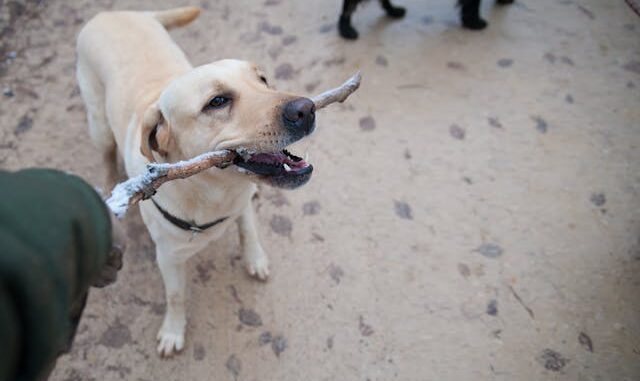
A dog attack can be a terrifying and traumatic experience. Beyond the physical injuries, the emotional toll can be significant. Knowing what to do in the aftermath is crucial. This article explores the reporting process for dog attacks in Ontario and the role of animal control in ensuring public safety.
The Aftermath of an Attack: Seeking Medical Attention and Reporting
The immediate priority after a dog attack is seeking medical attention. Get yourself or the injured person to a hospital or urgent care center for proper treatment and documentation of the injuries.
Reporting the Attack: Understanding Your Options
Once medical attention has been addressed, reporting the attack is crucial. Here’s a breakdown of the reporting options in Ontario:
- Animal Control: Contacting your local animal control agency is the most common first step. They will investigate the incident and gather information from all parties involved, including the dog owner, witnesses, and the injured person.
- Public Health Department: In some municipalities, the public health department might also be involved in investigating dog attacks, particularly if there are concerns about rabies or other animal-borne diseases.
- Police: If the attack involved serious injuries or criminal behavior by the dog owner, contacting the police might be necessary.
The Role of Animal Control: Investigating and Taking Action
Animal control plays a vital role in ensuring public safety after a dog attack. Here’s what you can expect during their investigation:
- Fact-Finding: Animal control officers will interview you and any witnesses to gather details about the incident. They will also likely want to speak to the dog owner.
- Scene Assessment: Depending on the circumstances, animal control officers might visit the location of the attack to assess the environment and gather any relevant evidence.
- Dog Evaluation: The dog will likely undergo an evaluation by animal control officers to assess its temperament and behavior. In some cases, a veterinary behavioral assessment might be recommended.
Potential Consequences for the Dog Owner:
Based on their investigation, animal control can take various actions:
- Fines: Dog owners found to be in violation of leash laws or municipal animal control bylaws can face fines.
- Muzzle Orders: If the dog poses a potential threat, animal control might require it to be muzzled whenever in public spaces.
- Training Requirements: The owner might be mandated to complete obedience training with their dog to address any behavioral issues.
- Quarantine: If there are concerns about rabies or other diseases, the dog might be quarantined for observation.
- Seizure and Euthanasia: In severe cases, particularly involving repeat offenses or attacks causing serious injuries, animal control might seize the dog and consider euthanasia.
The Importance of Reporting: Protecting Yourself and Your Community
Reporting a dog attack, even if seemingly minor, serves several purposes:
- Protecting Public Safety: By reporting the attack, you bring it to the attention of animal control, who can assess the dog and take necessary steps to prevent future incidents.
- Building a Case: Having a documented report of the attack can be crucial if you decide to pursue legal action against the dog owner.
- Tracking Dog Behavior: Animal control can track a dog’s history of aggressive behavior, allowing them to intervene proactively to prevent future attacks.
Beyond Reporting: Understanding Your Legal Options
A dog attack can result in significant medical bills and emotional distress. Consulting a lawyer experienced in dog bite laws can help you understand your legal options, which might include:
- Personal Injury Claim: You might be able to file a personal injury claim against the dog owner to seek compensation for medical expenses, lost wages, and pain and suffering.
- Homeowner’s or Renter’s Insurance: If the attack occurred on your property, your homeowner’s or renter’s insurance might provide some coverage.
Dog Attacks: A Community Concern
Dog attacks are a serious public safety issue. By understanding the reporting process and the role of animal control, you can help ensure a safe and responsible environment for everyone in your community. Remember, prompt reporting and responsible dog ownership are crucial in preventing future attacks and ensuring the well-being of both dogs and humans.
